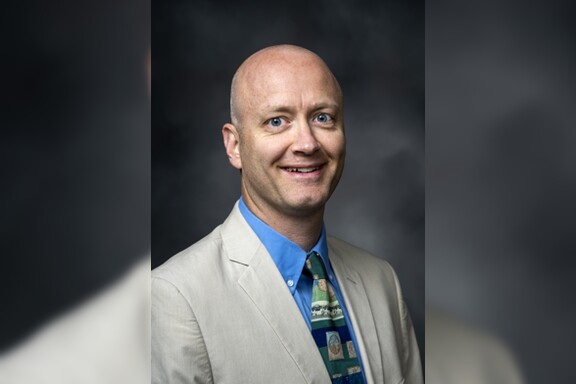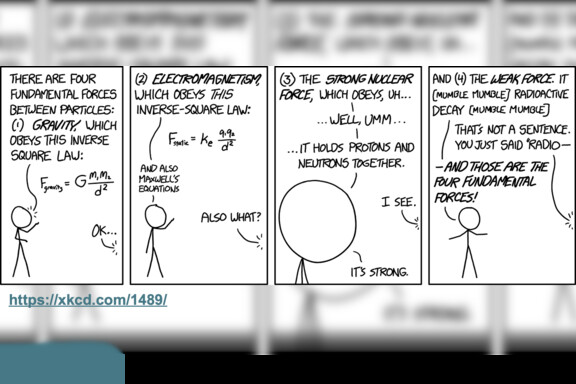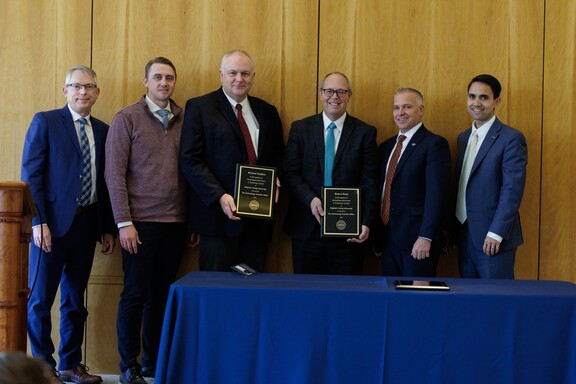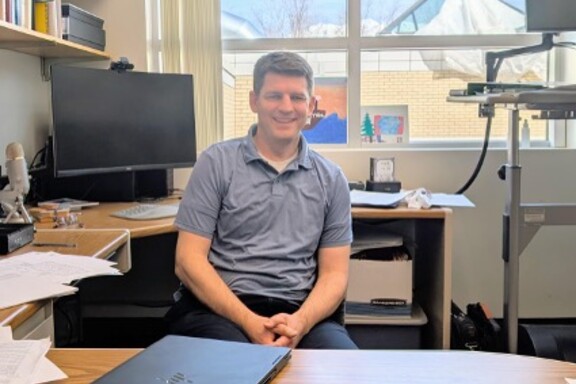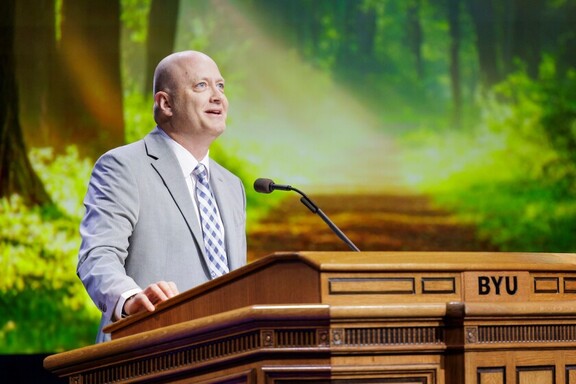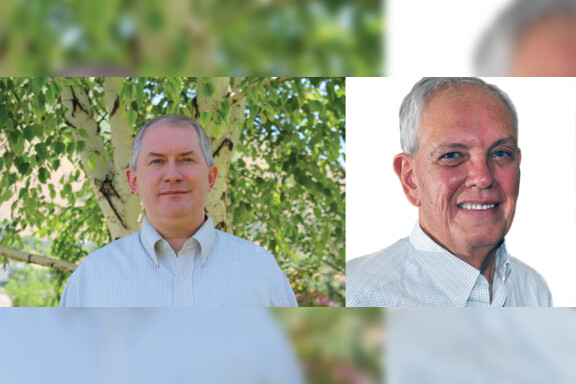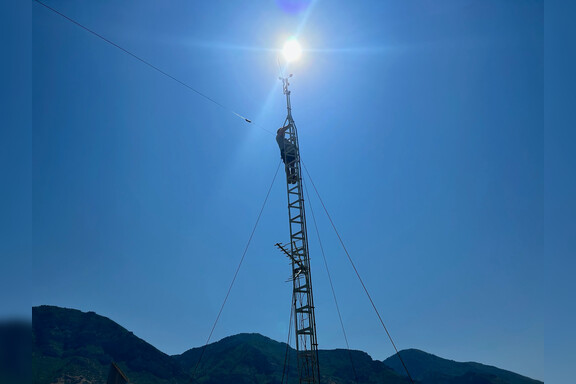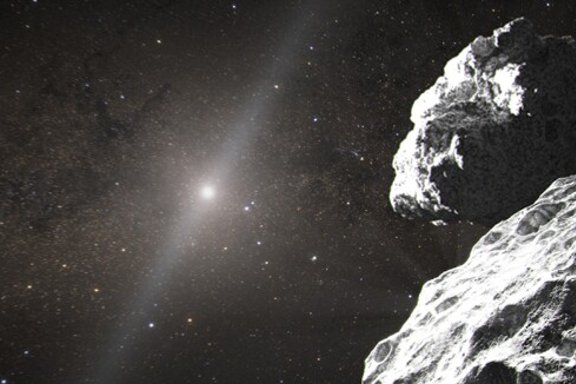
Savanna Sorensen, BYU Photo
Dr. Karine Chesnel has always been fascinated with understanding how things work, particularly the secrets of magnetism.
“There are still a lot of unknown mysteries in magnetism,” Chesnel said. “Scientists are still trying to understand the nature of magnetism, the origin of magnetism and what’s causing it.”
Chesnel is one of those scientists. Her specific area of study includes magnetic behaviors occurring on a microscopic scale, also known as nanomagnetism.
To study nanomagnetism, Chesnel uses synchrotron radiation facilities, which are a special kind of particle accelerators. In these machines, magnetic fields and electric fields are synchronized with the particle beam so to produce x-rays of very high brilliance. This unique x-ray beam is very useful to probe nanomagnetism.
After years of work at synchrotron facilities, Chesnel has discovered how to control a phenomenon called “magnetic domain memory,” which may have applications in magnetic data storage.
Information and data is saved to a computer hard drive using small, thin metallic films that possess magnetic properties. Chesnel found that as she cooled such film under different strengths of magnetic fields, the film’s capacity to keep memory of its magnetic state was greatly affected.
If the film is cooled in a weak or moderate magnetic field, the memory is strong. But if the film is cooled down in a strong magnetic field, the memory capacity of the film is lost.
“It’s a result of years of work, literally,” Chesnel said. “The results are exciting in terms of discovering how we can control this phenomenon.”
The research was published in that latest issue of top science journal Nature Communications.
Chesnel earned her doctoral degrees in her native country of France before completing a post-doctorate at UC Berkley and accepting her first teaching position at BYU in 2008. She admits teaching physics at a university in a second language can be daunting, but hopes her different background can help broaden students’ perspectives.
To complete her research, Chesnel collaborated with Eric Fullerton of UC San Diego and two BYU undergraduates, Alex Safsten and Matthew Rytting.
More Information on This Article


